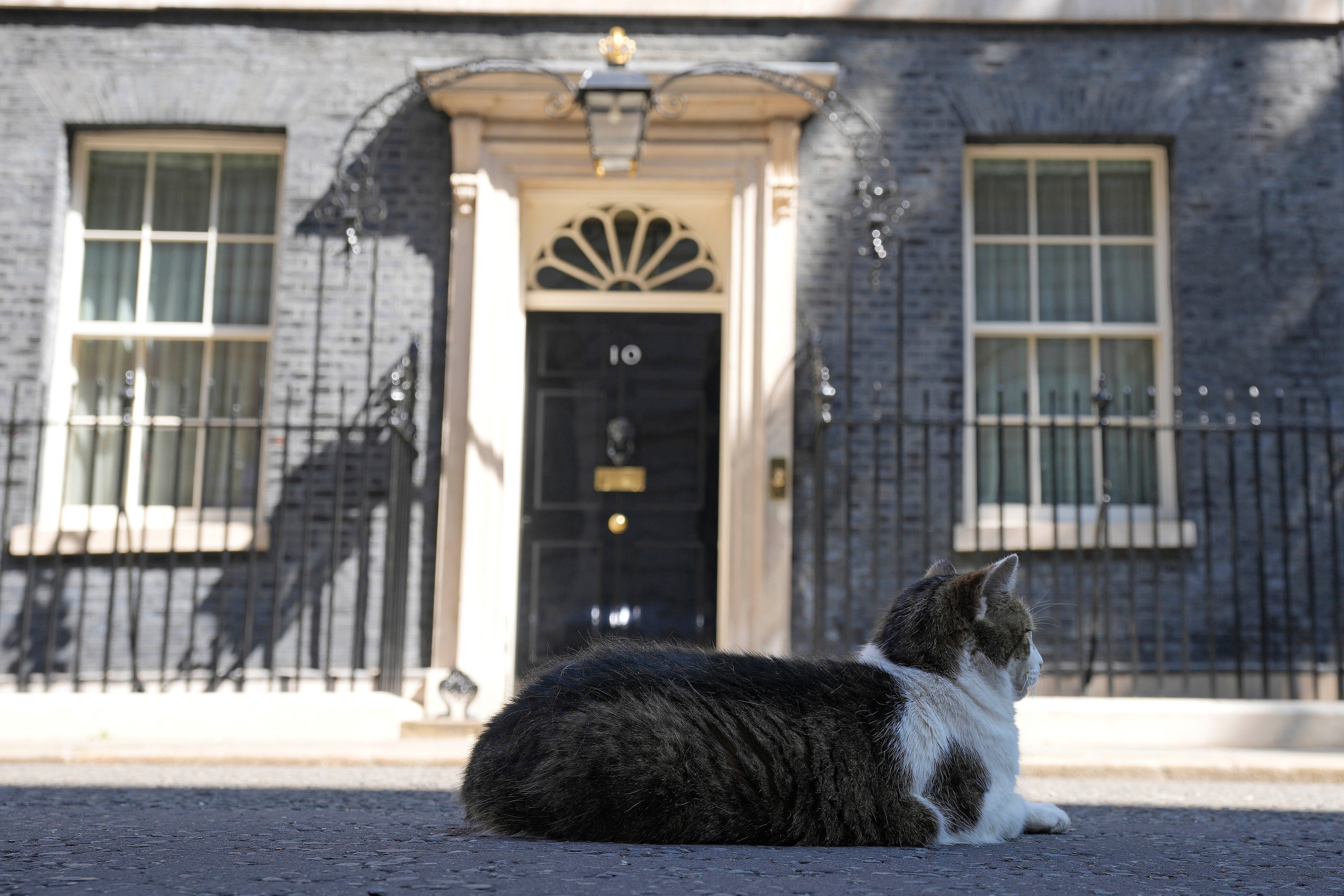Whoever wins the Tory leadership race faces a growing list of problems
Sean O’Grady looks at what’s piling up in the No 10 in-tray


Kemi, Penny, Rishi, Liz, Tom... are you really sure you want to be prime minister? By the time you succeed Boris Johnson, on 5 September or earlier, many of the problems plaguing the nation may have turned critical. Indeed, so pressing are these challenges that the “caretaker” Johnson administration may be forced into taking consequential decisions during what is often erroneously dismissed as the “silly season”. So here, new prime minister, is what is piling up in your in-tray.
Cost of living crisis
This is likely to intensify as the months drag on and the stasis in government means little additional help is forthcoming. Inflation may become increasingly entrenched in the economy as the war in Ukraine shows no sign of abating, while the continuing effects of post-pandemic supply disruption, alongside those of Brexit, will continue to push costs up for months and years to come.
Indeed, the cost of living crisis will actually be intensified by the primary weapon used to dampen inflation – a steady increase in interest rates, courtesy of the Bank of England. These rises are designed to increase mortgage bills and ramp up borrowing costs to consumers and businesses alike, and the danger of recession is rising in line with the policy.
It is futile and ridiculous for the Treasury to try to pump more cash into the pockets of households and businesses while the Bank is determined to take that extra spending power away. Given existing levels of debt and borrowing, the yawning trade deficit and the fragility of sterling, options for government action are limited.
Strikes
It will be a summer of discontent, with disputes on the railways, in schools and hospitals, and in local authority services plainly in prospect. The unions enjoy public sympathy, and new strike-breaking laws are likely to be mostly ineffective as well as unpopular.
Imposing real-terms pay cuts to choke off inflation will require resolve and a willingness to endure deep and prolonged unpopularity. A new premier will benefit from a brief honeymoon and goodwill, but will require unusually strong communication skills to get the essential truths across.
Covid
Rates of infection and hospitalisation are surging, adding to pressure on the ambulance service and the NHS in general. The fact that the country “unlocked” so rapidly this year means that the NHS treatment backlog didn’t really get reduced enough to create the necessary capacity, and this is exacerbating a range of other problems.
A more infectious (or more lethal) subvariant of Omicron may appear later in the autumn, which will make taking action unavoidable. The question now is a familiar one: whether to introduce relatively modest public health precautions now, or delay until the wave is more obvious but also far more difficult to control, requiring more stringent policies or even a fresh lockdown.
Advising the use of masks, along with ventilation, self-isolation and a renewed vaccination drive, would help to protect both the economy and the NHS, and avoid more onerous limitations on people’s liberty. The legacy of Partygate, together with “pandemic fatigue”, will also reduce compliance if another lockdown becomes necessary.
Climate
Temperatures should subside in the autumn, but the impact of this prolonged hot and dry summer will be significant for farmers and will add to food inflation.
Ukraine
Volodymyr Zelensky says he would like the conflict to be over by the end of the year. This looks unlikely. The options for Nato are as follows:
1. Escalate the war in order to secure food supplies (via the Black Sea) for the developing world, and to moderate global inflation and the prospect of recession. This will require a more direct use of Nato forces, and continual spending to fund a Ukrainian attack.
2. Wage an unending war of attrition, with more misery in the region and in poor African nations facing near-famine conditions.
3. Encourage Ukraine to sue for peace and in effect cede existing territory, for fear of mass starvation there and elsewhere.
Northern Ireland
The Northern Ireland Protocol Bill involves breaking international law. The EU is entitled to launch a counter-action and impose trade sanctions. This will exacerbate existing economic problems.
Even if the bill is passed into law and the DUP rejoins the power-sharing Northern Ireland executive, a boycott by Sinn Fein would almost certainly shut down the institution once more.
The new Bill of Rights, proposed as a replacement for the Human Rights Act, is also liable to destabilise the Good Friday Agreement. The possibility of a return to the Troubles is plain.
Unnecessary culture wars
Privatising Channel 4 and defunding the BBC aren’t popular ideas, weren’t in the 2019 manifesto, and consume too much government time that would be better spent on more pressing issues.
To sum up...
You have around two years in which your government must turn the economy around, help secure the defence of the West, and repair Britain’s relations with Ireland, Europe and the US.
The civil service, derided as a “blob” by your predecessor, stands ready to assist you. Good luck.
Join our commenting forum
Join thought-provoking conversations, follow other Independent readers and see their replies
Comments
Bookmark popover
Removed from bookmarks